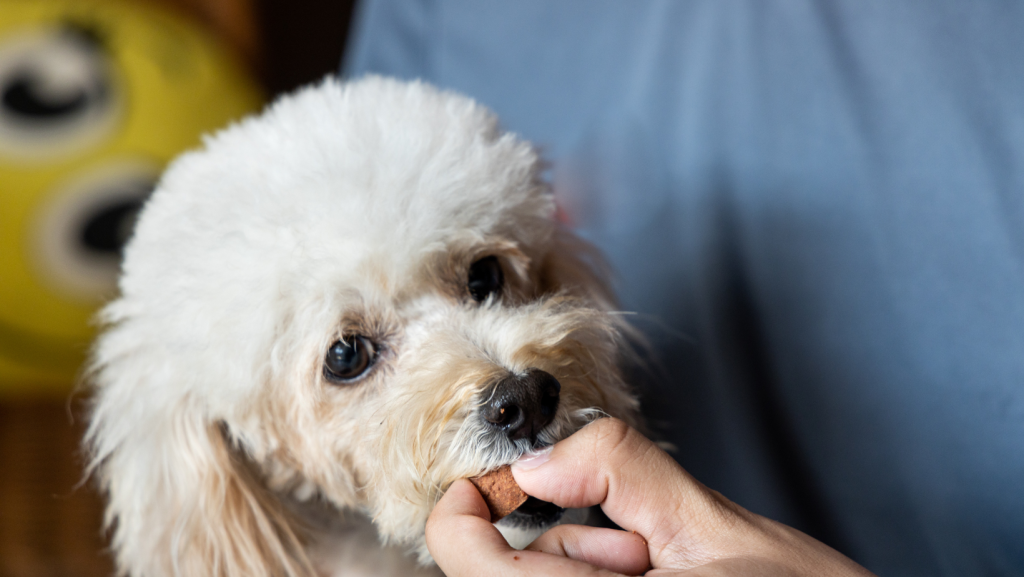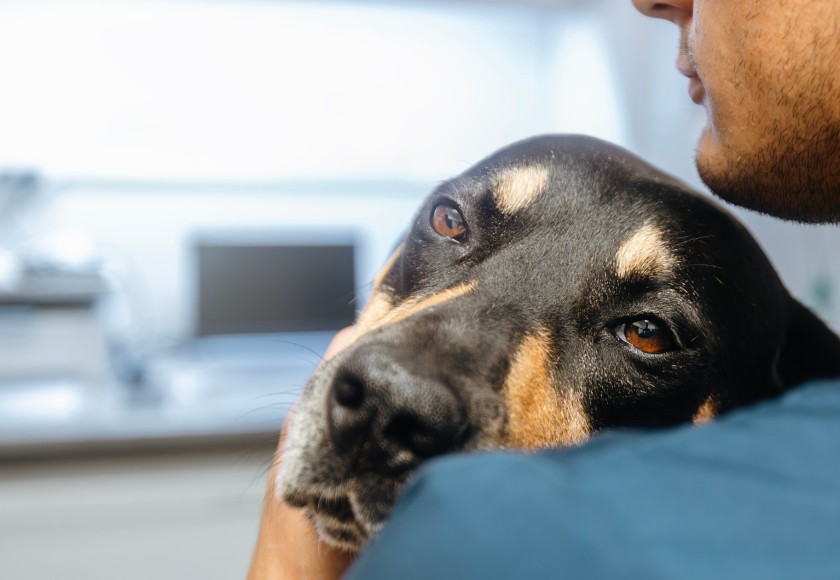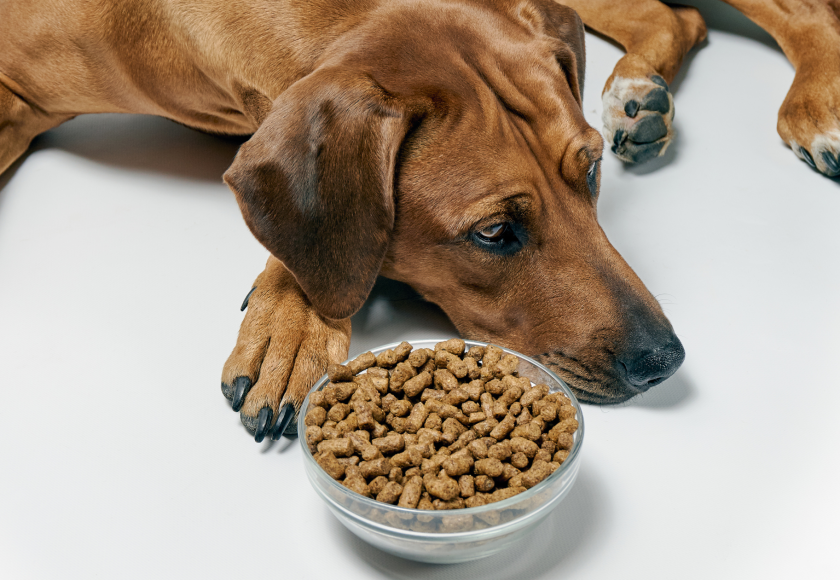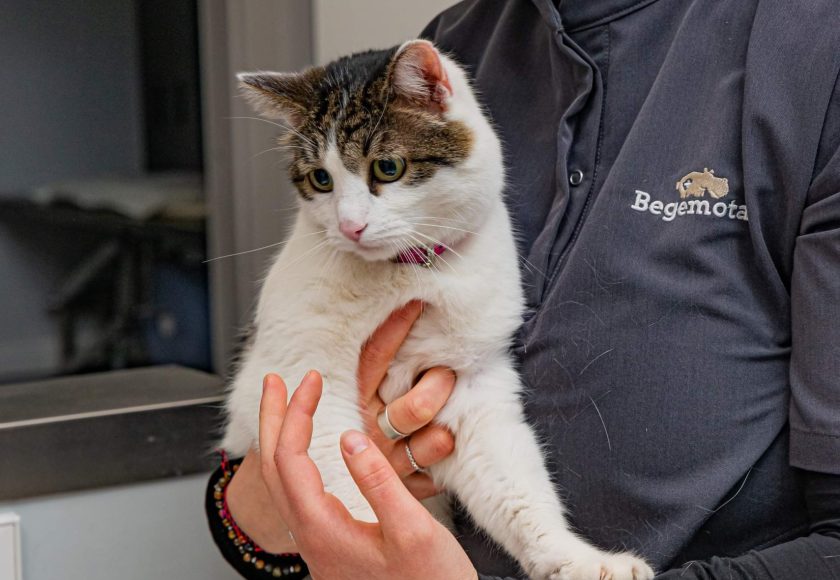Diarrhea in dogs is a fairly common ailment that can be caused by a number of reasons. Most often, it occurs due to improper nutrition or a sudden change in food, but it can also be a serious symptom indicating other internal organ diseases.
Diarrhea in dogs is not a disease, but a symptom of other local or complex ailments. When a dog has diarrhea, the consistency and color of its feces change. Veterinary specialists remind us that a dog has diarrhea when it defecates more than 2-4 times during a single walk.
Diarrhea in dogs can be acute (sudden onset) or chronic (when diarrhea occurs intermittently and occasionally recurs).
Table of contents
Why does my dog have diarrhea?
- Improper nutrition – food allergies. Read more about proper nutrition for dogs here.
- Changing your dog’s food too quickly. When changing your pet’s food, it is very important to do so gradually, increasing the amount of new food and decreasing the amount of old food little by little each time.
- Spoiled food or treats
- Food obtained “from the table”
- Poisoning with toxic substances
- Parasites in the digestive tract
- Viral and bacterial diseases. Viral diseases (parvovirus, canine coronavirus, salmonellosis) often affect unvaccinated dogs.
- Functional gastrointestinal diseases, kidney, liver, and pancreas diseases
- Oncological diseases
- Stress
Often, all of the above causes lead not only to diarrhea in dogs, but also to vomiting, bloating, and pain in the abdominal area.

How to help a dog with diarrhea? Medicines for diarrhea in dogs
If the dog is an adult, has been vomiting for no more than 24 hours and has no other symptoms (drowsiness, vomiting, or abdominal pain), it is recommended to wait 24 hours from the onset of symptoms and reduce the amount of food given, without changing the food itself. It is important to give your dog enough water, as diarrhea can cause dehydration.
If the dog has yellow diarrhea due to improper nutrition or a sudden change in diet, the most effective treatment is usually fasting for several hours, during which the puppy should be encouraged to drink water.
Veterinarians are often asked questions such as:
- What are the medications for diarrhea in dogs?
- Can you give charcoal to a dog?
- Is there smecta for dogs?
Specialists at the Begemotas Veterinary Clinic are convinced that if dogs have diarrhea without additional symptoms, it can be treated with over-the-counter veterinary preparations.
It is recommended to give “human” medicines such as smecta or charcoal only after consulting a veterinarian. Veterinarians also give veterinary probiotics (good bacteria) to pets with digestive disorders to restore the microflora of the digestive tract more quickly.

What to do if your dog has bloody diarrhea?
If your dog is vomiting blood, you should immediately consult a veterinarian. Vomiting blood or blood-tinged vomit in dogs can indicate much more serious problems than improper food or a sudden change in diet.
To determine the reasons why a dog is defecating blood or blood-tinged stool, blood and stool tests, echoscopy, and other examination methods are necessary, which are specifically selected by a veterinarian at a veterinary clinic after examining the sick pet.
Also, when a dog has bloody diarrhea, it is very important to prescribe treatment in a timely manner, which will not only stop the progression of the disease, but also reduce the discomfort for the dog.
Professional help for a pet with diarrhea
At the Begemotas Veterinary Medicine Center, veterinarians will provide you with all the necessary information about your dog’s health, diagnosis, test accuracy, and treatment options. Contact our team today.
The Begemotas Veterinary Clinic will ensure that your pet is carefully received and examined, tested and treated, and that you leave the clinic happy and satisfied with your dog.





